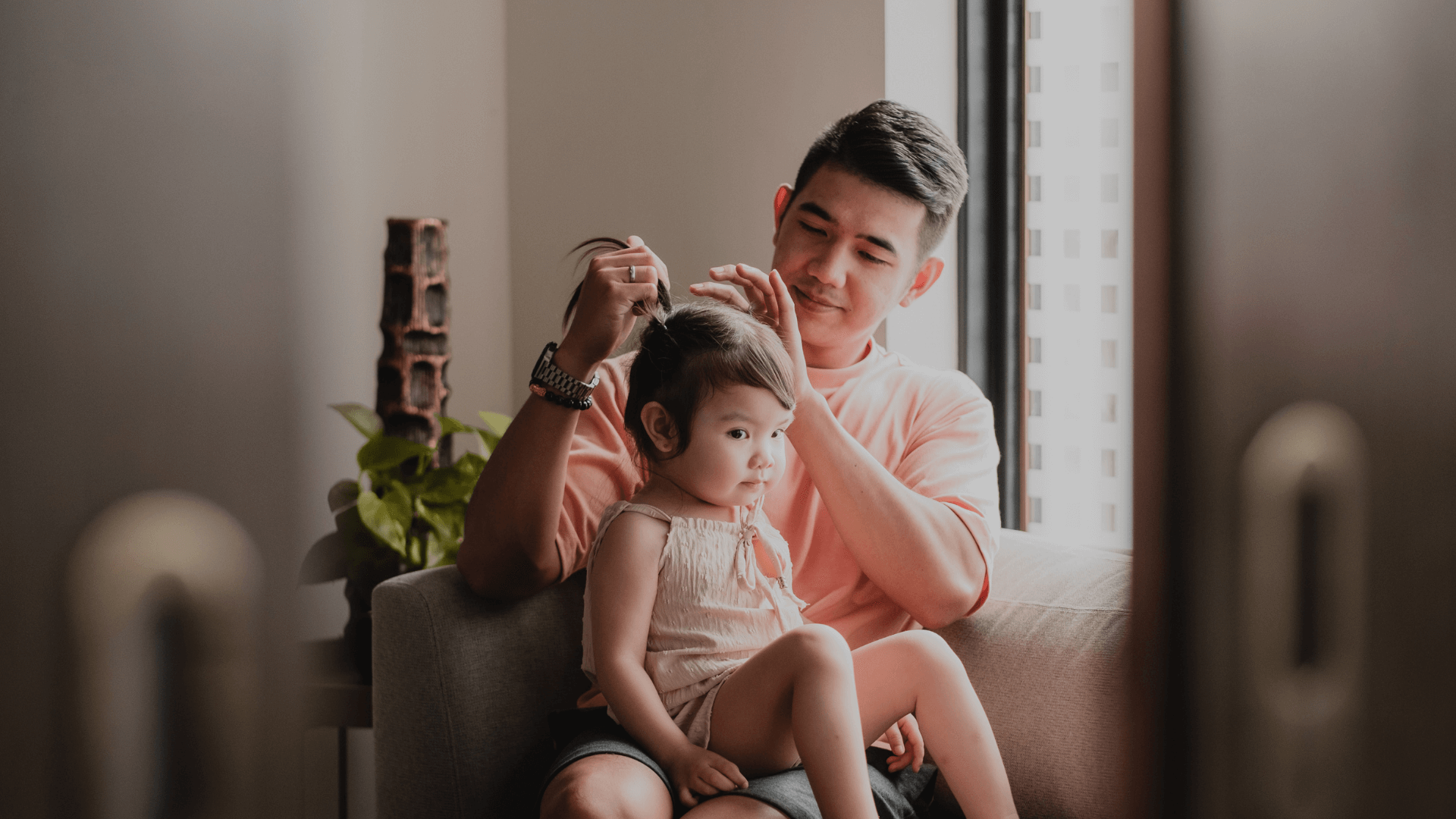We welcome adopters from all backgrounds and cultures who would like to grow their family through adoption.
Here are our most commonly asked questions about adoption!
If you can provide a safe, stable, loving home for a child, it is likely that you can adopt. Find out if you can adopt
Adopt Birmingham works in partnership with Birmingham Children’s Trust, who are responsible for all children in care in Birmingham. This means that we have children of all ages, including some very young children, who need an adoptive family.
When a child is unable to live with their birth parents, social workers try to find another birth family member that they can live with.
Some adopters choose to be approved as foster carers so that they can care for a child, or baby, whilst decisions about the child’s future are made. This is called Early Permanence.
We are currently recruiting adopters who live within a 50 miles radius of Birmingham City Centre. If you’re not sure if you live within this radius, please get in touch.
No, but we will ask you, or your partner if you have one, to take a minimum of six months, and preferably 12 months, of adoption leave. This may need to be longer depending on the needs of the child and what you can afford.
If you are adopting as a couple, you can share your adoption leave with your partner. For example, your partner may wish to take adoption leave during the first six months of your new family life and you may choose to take adoption leave between months six and 12.
No. Many of our adopters have birth children, adopted children and stepchildren already, or are already permanently caring for a child that is not related to them.
Our experience has shown us that it is best for all children if your adopted child is the youngest child in your family. We therefore require any other children in your home to be at least two years older than the child you adopt.
It is important that you have a spare bedroom for your adopted child.
If you are adopting brothers or sisters, you will ideally have a bedroom for each child. For some adopted brothers or sisters however, it may be possible for them to share a bedroom. We will talk to you about this during your initial screening call or at an adoption information event.
No. Adopting a child in care in the UK is free. You will, however, have to pay your GP for your medical.
Other types of adoption in the UK, such as international adoption, do involve fees.
No. Adopters in the UK are not paid for adopting children. In exceptional circumstances however, we may be able to offer you some financial support. For example, if you are adopting a group of brothers and sisters, we may be able to support you to buy a larger car.
Adoption is permanent; when a child is adopted, the rights and responsibilities of their birth parent(s) are legally removed and are given to the new adoptive parent(s).
Fostering is temporary; when you are caring for a child on behalf of the Local Authority and their birth parents. You have no legal rights or responsibilities. Fostering placements are usually short-term, although some can be long-term.
To learn more about Fostering, visit https://fosterbirmingham.co.uk/
Employed adopters are usually entitled to adoption leave and may be entitled to adoption pay, which is a legal right. Some employers may offer a more generous scheme than Statutory Adoption Leave.
As January 2023, Statutory Adoption Leave is 52 weeks. It’s made up of:
- 26 weeks of Ordinary Adoption Leave
- 26 weeks of Additional Adoption Leave
The latest guidance on adoption leave and pay is available via the Gov.uk website
It is a great asset to have had experience of looking after children when applying to adopt so having children of your own will certainly not exclude you from adopting, whether they are living at home with you or have grown up.
Any birth children in the family will need to be at least two years old. This is because an adopted child needs to be the youngest in the family, often by a couple of years.


